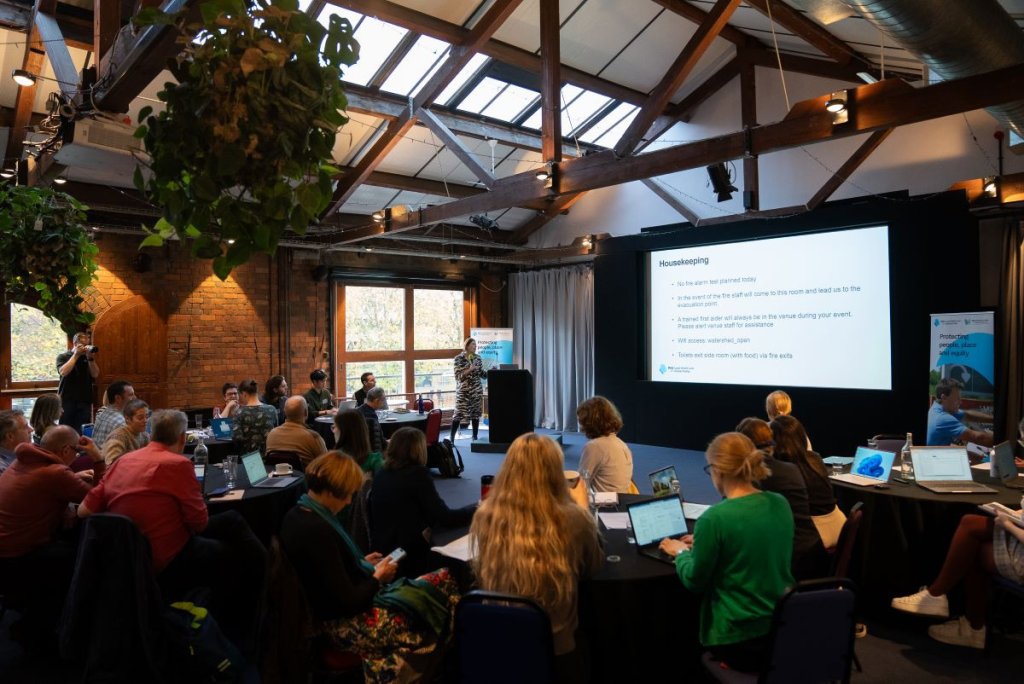A new advisory from the outgoing U.S. Surgeon General, Vivek Murthy, underscores a pressing public health concern: alcohol consumption is a major but under-recognised cause of preventable cancer. The advisory, which reiterates well-established evidence, suggests that mandatory product labelling could be a crucial step in bridging the public awareness gap.
Writing in The BMJ, Dr Nason Maani, a lecturer in inequalities and global health policy at the University of Edinburgh and Deputy Director of the Local Health and Global Profits Consortium (LHGP) emphasizes the importance of this step, stating:
The evidence is undeniable. Alcohol is a significant risk factor for cancer, and yet public awareness remains alarmingly low. Implementing warning labels could be a simple yet powerful way to inform and protect consumers.
With alcohol-related cancers affecting hundreds of thousands annually, this research carries profound implications for global health. Public health experts argue that failing to act on this knowledge keeps consumers in the dark while allowing industry interests to dominate policy discussions.
The Science Behind the Advisory: A Growing Body of Evidence
The association between alcohol and cancer is well-documented. In 2020 alone, alcohol was responsible for approximately 740,000 cancer cases worldwide, with 16% of breast cancer cases attributed to alcohol use. Governments have begun taking action. South Korea mandates that alcohol products display at least one of three warning labels, and Ireland will implement mandatory cancer warnings on alcohol products by 2026.
Despite progress, the alcohol industry continues to resist such measures, often misleading the public and challenging research that threatens its market interests. In Canada, a study in Yukon was forced to remove cancer warning labels due to legal threats from alcohol producers.
The Road Ahead: Advocacy, Policy, and Public Awareness
Health advocates call for mandatory cancer warnings on alcohol products to protect consumers. The World Health Organisation (WHO) and other civil society organisations continue to push for evidence-based labelling and stronger policies to reduce alcohol-related harms. For real change, governments must enforce mandatory labelling, strengthen regulations, and ensure public health policies remain independent of industry influence.
Alcohol labelling and cancer: a way to empower consumers despite industry opposition. BMJ2025; 388 doi: https://doi.org/10.1136/bmj.r176





